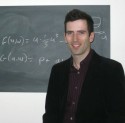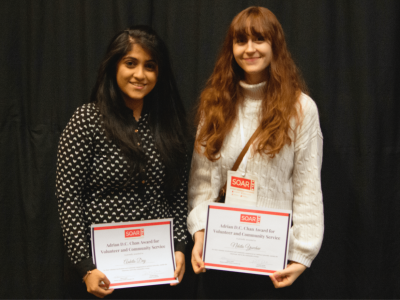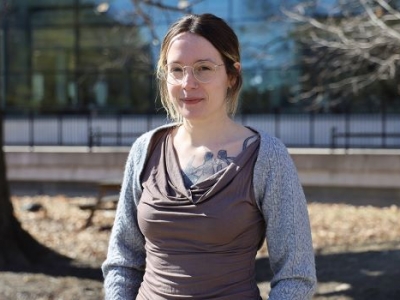 Have you ever wondered how your brain actually works? Francis Jeanson decided to focus on this question for his PhD dissertation.
Have you ever wondered how your brain actually works? Francis Jeanson decided to focus on this question for his PhD dissertation.
Jeanson is trying to better understand the ‘circuits’ in our brains that are responsible for fundamental behaviours and cognitive abilities.
In particular, he is looking at special types of brain circuits that depend on the timing that controls which neurons fire.
“It’s kind of like traffic lights,” explains Jeanson. “A co-ordinated timing system can make the whole thing work perfectly but, if a light is out of sync, watch out for those traffic jams.“
This kind of research is fundamental to understanding how parts of our brain work in everyday activities.
Says Jeanson: “If we get a better understanding of what these circuits do, we could design devices that interact very closely with our brain to control artificial limbs, and perhaps even guide the development of more effective medical treatments for brain injuries and cognitive impairments such as dementia.”
Jeanson decided to pursue his doctoral research at Carleton’s Institute of Cognitive Science, after completing his master’s at the University of Sussex.
“The program here offered the breadth of knowledge and the research opportunities that cognitive science is really all about,” says Jeanson. “Not only is it one of the few universities to offer a PhD in Cognitive Science in North America, but it also harbours a set of well-established researchers and a network of active individuals in the field.”
Adds the grad student: “A very nice component that the Carleton program offers is the ability to undertake research with a number of laboratories outside the student’s current environment. Called ‘Methodology Rotations’, these enable students to discover research methods in different fields of cognitive science, as well as build important contacts in the academic and/or the business world.”
Jeanson says he expects to graduate in the fall of 2013.




